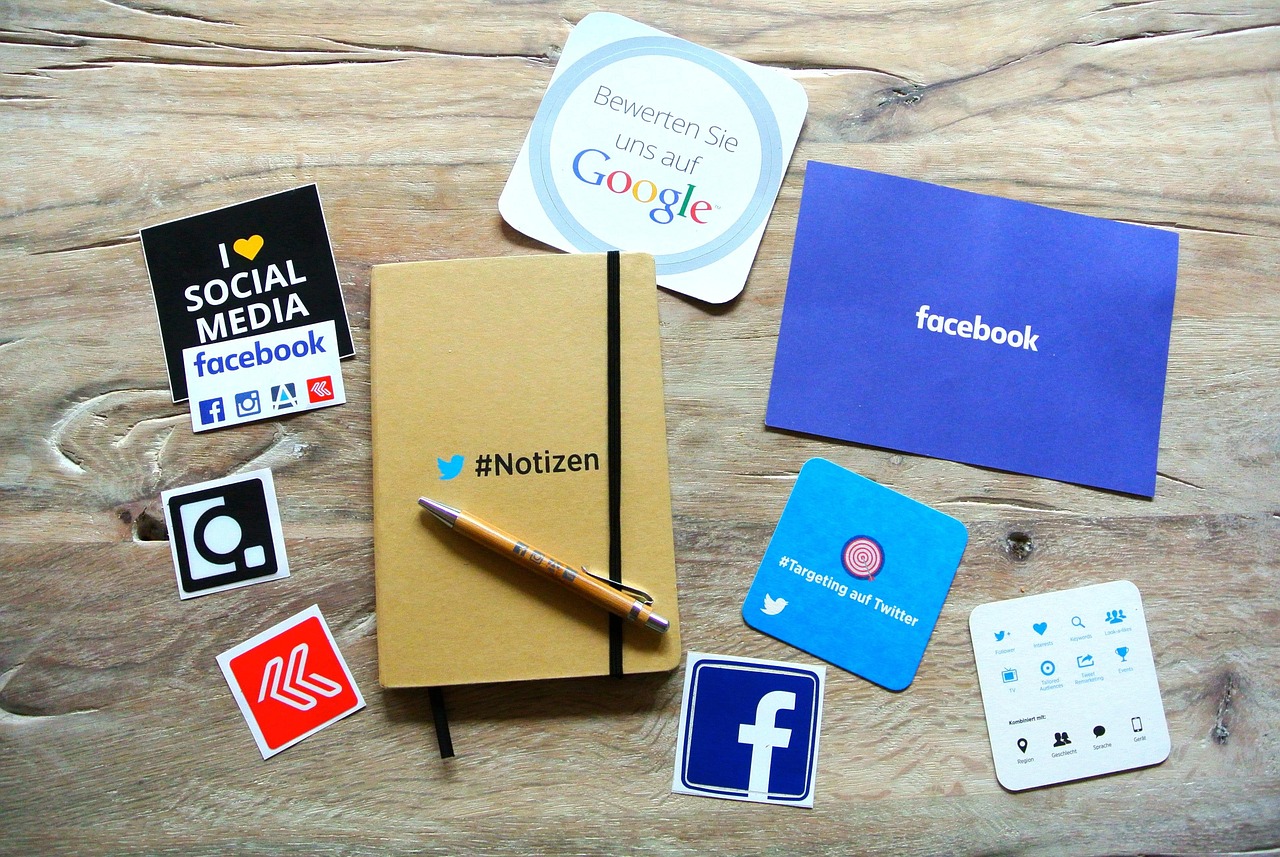体育比赛英语怎么说?
Title: Translating Sports Competitions into English
Sports competitions are an integral part of global culture, attracting enthusiasts from diverse linguistic backgrounds. Accurate translation of sports terminology ensures effective communication and fosters international collaboration in the sporting arena. Here's a comprehensive guide to translating sports competitions into English:
1. Understanding Sports Terminology:
Translating sports competitions requires a firm grasp of both the source and target languages, along with a deep understanding of sports terminology. Sports vocabulary encompasses a wide range of terms related to disciplines, rules, equipment, and actions involved in various sports.
2. Common Sports Competition Terms:
Match:
A single contest or game between two individuals or teams.
Tournament:
A series of matches or games played to determine a champion.
Fixture:
A scheduled match between two opponents.
League:
A competition system where teams compete against each other over a season.
Championship:
The ultimate competition to determine the best team or individual in a particular sport. 3. Translating Specific Sports:
Football/Soccer:
Common terms include "goal," "penalty," "offside," "corner kick," etc.
Basketball:
Terms like "dribble," "layup," "free throw," "rebound," etc., are prevalent.
Tennis:
"Serve," "ace," "deuce," "match point," "grand slam," etc., are essential terms.
Baseball:
Translations include "home run," "pitcher," "inning," "strikeout," "double play," etc.
Cricket:
"Wicket," "bowler," "batsman," "runs," "boundary," etc., are commonly used.
Rugby:
Terms like "try," "scrum," "conversion," "drop goal," etc., require accurate translation. 4. Consider Cultural Context:
Cultural nuances play a significant role in sports terminology. Certain terms may carry specific cultural meanings or evoke particular emotions in different regions. Translators must consider these nuances to ensure accurate and culturally sensitive translations.
5. Use of Proper Names:
While some sports terms can be translated directly, others, like proper names of tournaments or awards, are often kept in their original form. For instance, "FIFA World Cup," "Super Bowl," "Wimbledon," etc., remain unchanged in translation for global recognition.
6. Utilize Glossaries and Style Guides:
Translators can benefit from industryspecific glossaries and style guides that provide standardized translations for sports terminology. These resources ensure consistency and accuracy in translations across various sports disciplines.
7. Stay Updated with Evolving Terminology:
Sports terminology evolves over time, influenced by changes in rules, technology, and cultural trends. Translators must stay abreast of these developments to provide uptodate and relevant translations.
8. Seek Professional Translators:
For highstakes sports events and official documentation, it's advisable to enlist the services of professional translators with expertise in sports terminology. They possess the linguistic skills and domain knowledge necessary to deliver precise and reliable translations.
Conclusion: Enhancing Global Sports Communication
Accurate translation of sports competitions into English facilitates seamless communication and promotes inclusivity in the global sports community. By understanding the nuances of sports terminology, considering cultural context, and utilizing appropriate resources, translators play a crucial role in bridging linguistic barriers and fostering international collaboration in sports.
This comprehensive guide offers insights into translating sports competitions into English, encompassing terminology, cultural considerations, and best practices for effective communication in the world of sports.
版权声明
本文仅代表作者观点,不代表百度立场。
本文系作者授权百度百家发表,未经许可,不得转载。










